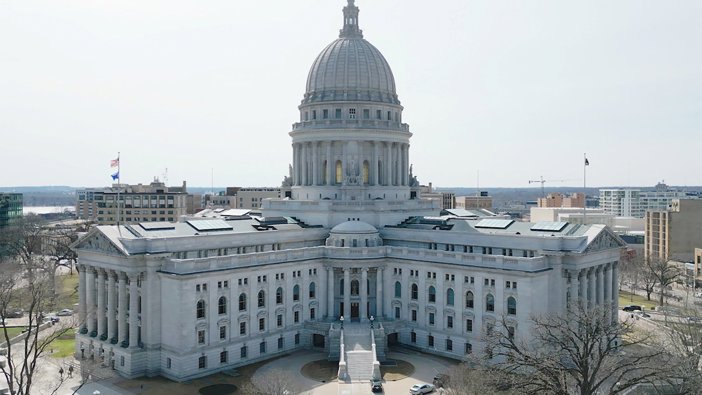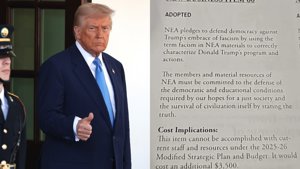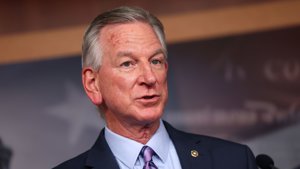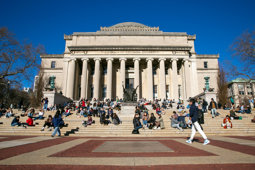
Wisconsin Supreme Court Strikes Down Abortion Ban
Wisconsin’s Supreme Court has struck down the state’s 1849 abortion ban, a decision shaped by the court’s newly elected liberal majority after the costliest judicial election in U.S. history.
Divided Ruling Ends 176-Year-Old Ban
The Wisconsin Supreme Court ruled 4-3 on Wednesday to overturn a near-total abortion ban that had been on the books since 1849. The court’s liberal justices—all four members of the new majority—voted to strike down the law, while three conservative justices dissented. The decision reflects both the political shift on the court and the influence of a record-setting election that drew more than $100 million in donations.
Justice Rebecca Dallet, writing for the majority, cited more recent state legislation—most notably a 1985 law allowing abortions until fetal viability, around 20 weeks—as reason to void the much older statute. “We conclude that comprehensive legislation enacted over the last 50 years regulating in detail the 'who, what, where, when, and how' of abortion so thoroughly covers the entire subject of abortion that it was meant as a substitute for the 19th century near-total ban,” Dallet wrote. The majority found that the legislature had effectively repealed the 1849 ban by enacting modern abortion regulations, ensuring that the old law could no longer be enforced.
The ruling closes the door on efforts to revive the 1849 law, which had become a flashpoint in state politics since the U.S. Supreme Court’s 2022 decision to overturn Roe v. Wade. After that federal decision, the long-dormant state law returned to public debate, as it made abortion a felony in nearly all circumstances, with no exceptions for rape, incest, or even when the woman’s health was at risk.
Most Expensive Judicial Race Sets the Stage
The closely watched Supreme Court race that shifted Wisconsin’s judicial balance drew unprecedented national attention. The election, won by liberal Susan Crawford over conservative Brad Schimel, shattered spending records, with support and donations coming from high-profile figures including Elon Musk and former President Barack Obama. Musk personally donated $3 million to the Wisconsin Republican Party, while his super PACs spent more than $17 million backing Schimel, who was endorsed by President Donald Trump.
Conservative Justice Annette Ziegler dissented from the ruling, calling it “a jaw-dropping exercise of judicial will” and accusing the majority of acting on personal preferences rather than legal principle. Nevertheless, the 4-3 decision now stands as the law of the state.
Governor Tony Evers praised the ruling as a victory for women, families, and healthcare professionals in Wisconsin. “Three years ago, the U.S. Supreme Court upended five decades of precedent and threw reproductive freedom in Wisconsin and across our country into chaos,” Evers said. “Today, the Wisconsin Supreme Court upheld that basic freedom.”
The decision marks a defining moment in the state’s ongoing debate over reproductive rights. It also demonstrates how judicial elections can have a far-reaching impact on critical legal issues and the lives of citizens. With the old ban now void, Wisconsin’s abortion policy will remain governed by more recent state law—unless future elections or legislation change the landscape once again.






